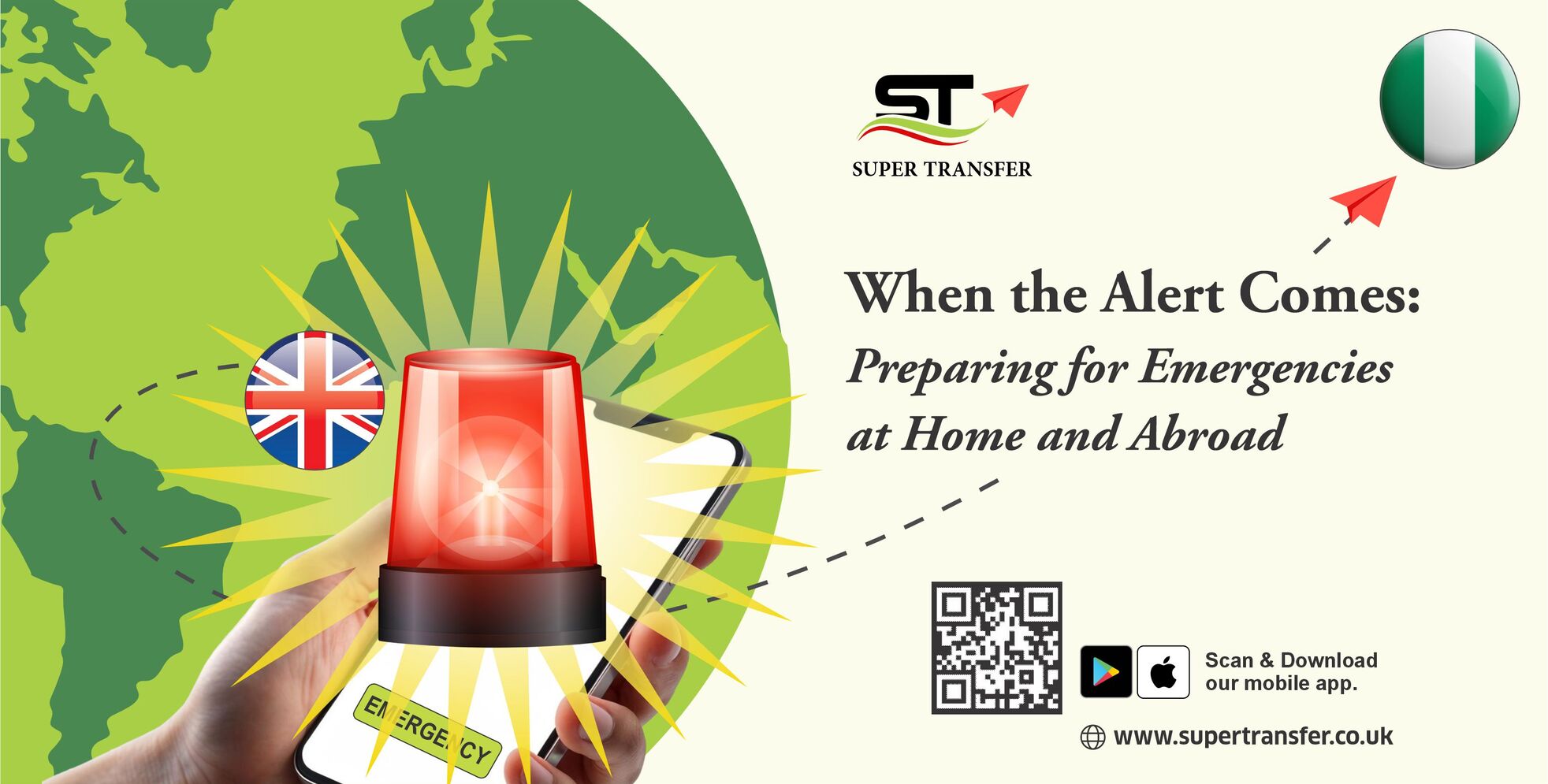
Emergencies rarely give notice — which is why the UK is testing its national Emergency Alerts system again. On Sunday 7 September 2025 at about 3pm, most 4G/5G phones in the UK will vibrate and play a siren-like sound for up to 10 seconds, displaying a message that clearly states it’s a drill. It’s the second nationwide test since 2023 and follows several real-world uses for severe weather and local incidents.
Why emergency alerts matter
Emergency Alerts let authorities send urgent safety advice to people in a defined area — for example during flooding, storms or other life-threatening events. Messages are sent via cell broadcast from nearby masts, so they can reach compatible phones without needing mobile data or Wi-Fi, and you don’t have to sign up or share your number.
If you prefer not to receive test or live alerts, you can opt out in your phone’s settings (toggle off Severe and Extreme alerts on iOS/Android). But for most of us, keeping them on is a simple way to stay safe.
A simple step-by-step readiness checklist
1. Save key contacts
Store emergency numbers, local council flood lines and family contacts in your favourites so you can act quickly.
2. Enable alerts
Check that Emergency Alerts are switched on; keep your phone charged on test day.
3. Plan your response
Agree a household plan: where to meet, what to take (meds, IDs, chargers), and who contacts whom.
4. Know your local risks
If you live near rivers, the coast or in storm-prone areas, sign up for local authority updates and keep basic supplies.
5. Prepare for communication gaps
In outages, texts and data may lag; have a back-up plan (offline maps, battery pack, cash for essentials).
Financial preparedness for Nigerians abroad
In crises, speed and reliability matter — especially when loved ones in Nigeria need support. Consider these steps:
- Keep a small emergency fund in a UK account that you can send at short notice.
- Pre-verify recipient details (bank/account names) to avoid delays when every minute counts.
- Use a trusted service for fast remittance so funds arrive securely and predictably.
Where Super Transfer fits
When emergencies strike, Super Transfer helps turn good intentions into timely help:
- Fast remittance: move funds quickly when family needs arise — from storm damage to medical costs.
- Secure transfer: bank-grade protection and clear confirmations for peace of mind.
- Reliable money transfer to Nigeria: built for consistent delivery, even when conditions are difficult.
With Super Transfer, you get emergency support you can act on — a practical lifeline that complements the UK’s alert system by enabling money transfer to Nigeria the moment you decide to help. (Keywords: supertransfer, Reliable money transfer to Nigeria, money transfer to Nigeria, emergency support, secure transfer, fast remittance, Super Transfer.)
Quick FAQs
Will the 7 September alert require action?
No — it’s a test; the message will say no action is needed.
How do these alerts reach me?
Nearby masts broadcast to compatible 4G/5G phones; no app, sign-up or data needed.
Have alerts been used before?
Yes — including for severe weather and local incidents across the UK since 2023.
Staying alert — and financially prepared — means you can protect the people who matter, wherever you are.
